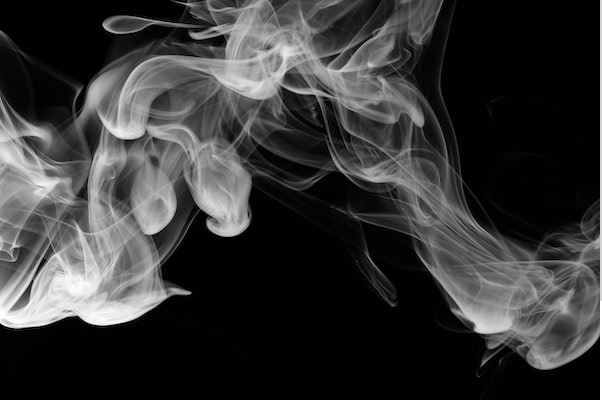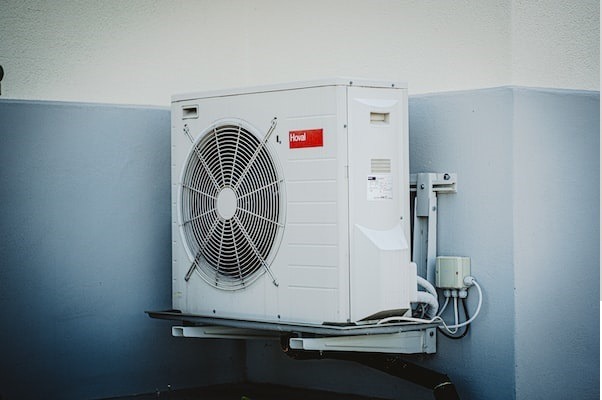Different smells coming from your HVAC system can be a sign of various problems. Some smells may be harmless, while others could indicate a serious issue. If your heater is producing an unusual smell, you must check it out to ensure there is no danger to you or your home. Keep reading to learn about the different smells coming from your heater and what they could mean.
Gas Smell
Gas heaters are a popular choice for many households due to their efficiency, cost-effectiveness, and ease of use. However, like any other gas appliance, they can be a source of the potential danger if not properly installed or maintained. As a homeowner, if you are thinking, “my heater smells like gas,” there could be a few causes.
One of the most significant concerns with gas heaters is the presence of gas smell. If there is a persistent gas smell, it could indicate that there is a leak, which poses a significant risk of a gas explosion or carbon monoxide poisoning. If this is the case, it is essential to act quickly and turn off your heater’s gas supply. In case of a severe leak or persistent gas smell, it is recommended to evacuate immediately and contact emergency services or the gas company.
Burning Smell
There are a few potential causes for a burning smell coming from your heating system. One common cause is a build-up of dust and dirt on the coils in the furnace or in the ductwork. This can happen over time if the HVAC system is not properly maintained or you are turning on the furnace for the first time in a while.
If your heater smells like burning plastic, it could be an electrical issue. Burning wires is a result of the insulation on the wires becoming overheated and burning. This can occur when the wires are overloaded or when the temperature of the heater is set too high. A burning smell might also be present if there is something caught in the system, such as a piece of insulation or debris, and it is burning. Whatever the cause, it is important to have a professional inspect the system to ensure that there is no serious damage and to prevent the problem from getting worse.
Chemical Smell
There are a few possible causes of a chemical smell from furnace equipment. If you notice a chlorine or metallic smell, it might indicate that wires are burning or melting inside the furnace. This problem is more common with older furnaces due to worn bearings that can cause problems with the motor. This can cause the heater to draw more electricity and can melt and burn wires inside the heating system.
If you notice more of a formaldehyde smell coming from your furnace, it could be a sign that you have a cracked heat exchanger. This is a dangerous issue that could result in the release of harmful carbon monoxide into your home. If you notice a chemical smell coming from your furnace system, you should have it checked by a professional to determine the cause and to make sure it is safe to continue using.
Musty Smell
Another common smell is a musty odor. This musty smell could be the result of the growth of mold and mildew due to excessive moisture or humidity. A faulty filter or condensate drain line often causes this. It is important to check the filter and drain line for any blockages or obstructions and replace the filter if necessary. If the drain line is blocked, it may need to be professionally cleaned or replaced. Another possibility is that the system is not properly ventilated. This can also cause a build-up of moisture.
Finally, if the air filter is dirty or clogged, it can cause the system to circulate dust and other particles, which can also lead to a musty smell. If you notice a musty smell coming from your HVAC system, it’s important to investigate the cause and take steps to remedy the problem. Otherwise, the problem can worsen and lead to health problems for you and your family.
While some foul smells coming from your heater could be benign if unpleasant smells are concerning or last longer than a day or two, it is important to have them checked out by a professional. Only a certified HVAC technician will be able to determine if you have a serious issue that needs to be addressed.


